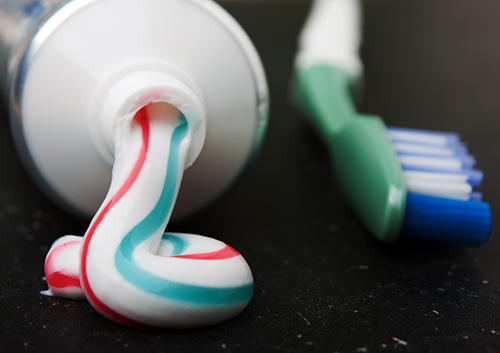What can I expect during my implant procedure?
May 27th, 2015

Dental implants are a surgical procedure done by Dr. Stephen Hudis right here at our Princeton, NJ office. Screw-like parts made of titanium are inserted into your jaw bone and act as the root of your tooth. An artificial tooth will be placed on top of the screw, usually made out of ceramic or layered porcelain. The dental implant will look and feel just like the natural tooth you lost.
How much time will the dental implant surgery take?
There are numerous factors that determine the length of time for the dental implant procedure:
- If you’re having one tooth replaced or several
- The teeth that are being replaced
- If you need a tooth or teeth extracted before the implant placement
- The amount of time it takes for your IV to be placed
- Any last minute questions or concerns you may need addressed
All of the above factors will also govern the amount of visits to our Princeton, NJ office you will need to make throughout your dental implant treatment period. For example, a single tooth dental implant surgery typically takes one to two hours from the time you arrive until you awaken from the anesthesia. This also includes the amount of time it takes to put on your gown, hair cap, and other surgical dressing preparations before you are able to enter the sterile surgical environment.
Does getting an implant hurt?
With nearly any surgical procedure, you will feel some sort of discomfort. Whether it is the insertion of the IV for the anesthesia, or discomfort you may feel after the surgery. However, most patients report that their pain was tolerable after their dental implant surgery. In fact, the majority of patients said the discomfort was a lot less than they expected. Dr. Stephen Hudis will prescribe pain medications to help with any discomfort you may experience once you get home.
How will I feel after the dental implant treatment?
It is normal to have some bruising and swelling in the soft tissue and gum area. Usually the pain or discomfort does not require the use of anything more than an over-the-counter pain medication such as Tylenol or ibuprofen. In addition, you will have the prescription for a stronger pain medication if you need it. You should be able to work the following day.







